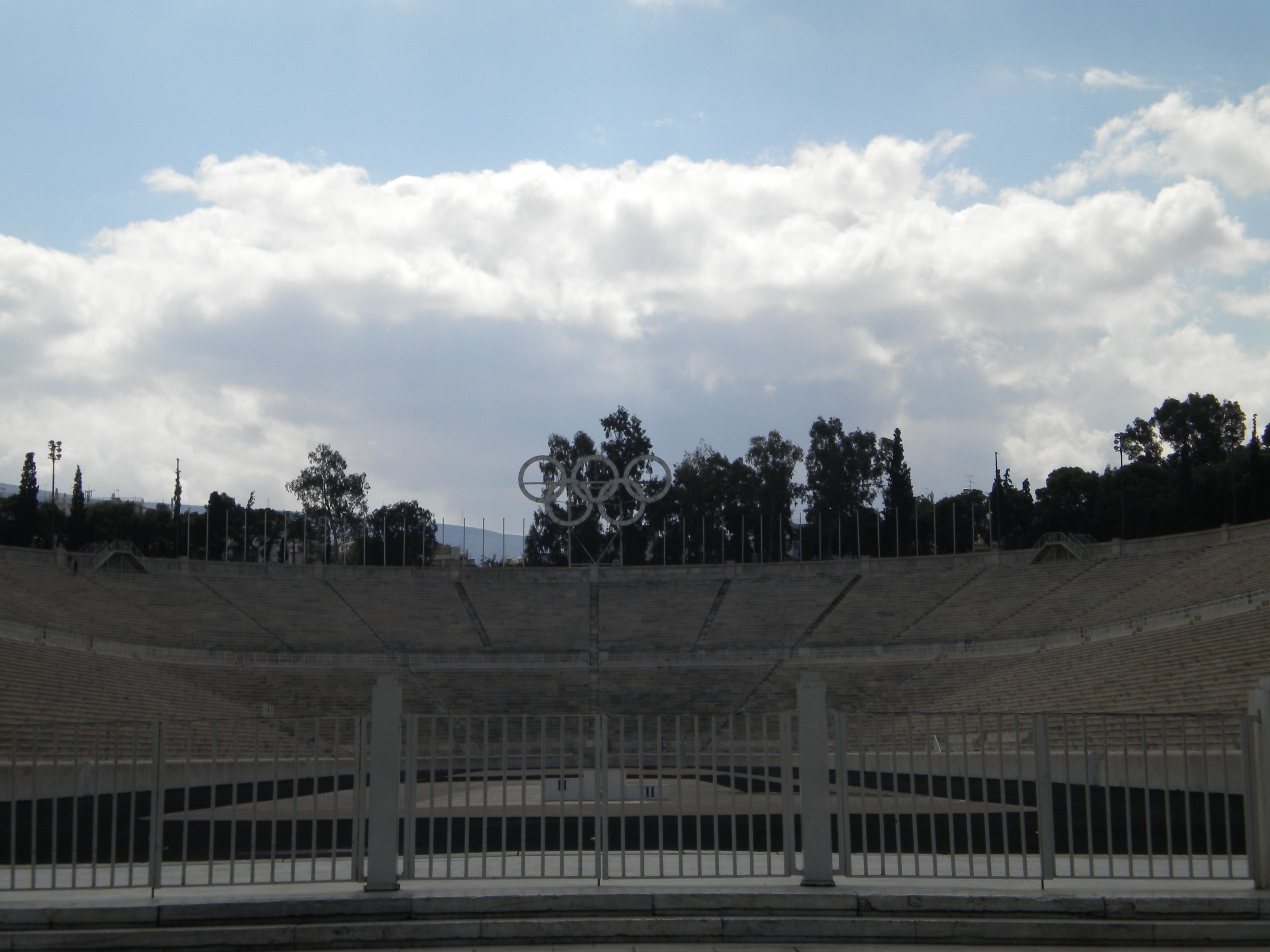Monday Milestone: Swifter, Higher, Stronger
“World records may be broken. But an Olympic title lasts forever”
– Pierre de Coubertin, father of the modern Olympic movement
This Week in History:
1896, April 6
The Games of the I Olympiad are opened in Athens, Greece, reviving the Olympic Games for the first time in over 1,500 years.
Since 1896, the Olympic Games have punctuated the sporting calendar. Every four years, they offer a symbol of world unity (actual or not), creating a melting pot of culture, of identity, of sport, of celebration. And with quadrennial tradition continuing this year with the opening of the XXX Olympiad in London, this week the Milestone takes a look back at where it all began.
The concept of the Olympic Games begins back in the sixth century
However, sadly by the fourth century CE, such tradition could not be maintained. With the rise of Christianity, Theodosius suppressed the Games, extinguishing the Olympic flame. For fifteen hundred years they lay dormant, almost forgotten, their memory dissipating into myth. But this was not the end.
From the 1850s, the Greeks began reawakening to their ancient history. Fascinated with the ancient Games, Evangelis Zappas funded a permanent revival of this primitive custom, and restoring the Panathenaic Stadium in Athens.
Momentum gathered, until in 1894, Baron Pierre de Coubertin established the International Olympic Committee proposing the idea of rotating the host city internationally once every four years with the first ever modern Games to be held in Athens in 1896. It was a natural choice. The Games should begin at home.
So fifteen centuries after their extinguishment, the Games of the I Olympiad opened with limited fanfare. 1896 was a different time to the world we know today. National borders were blurrier and mankind was driven by imperialism.
Athletes did not even compete for their nations. They competed for themselves, more closely reflecting the ancient Games. The heritage of Edwin Flack, the well-documented ‘Australian’ who won the 800m and 1500m races in Athens doesn’t actually matter. Just as well. Flack was born in England, travelled from London for the Games and Australiawas still some years away from Federation. He was, essentially English.
Gender however did count. Women were not allowed to compete, with the 1896 story of Stamata Revithi running the marathon course the day after the men had competed among the first Olympic legends and political protests.
Still, the significance of the Games of the I Olympiad, was not in this political stance, nor even any of the athletic feats. Instead the importance lies in the sheer revival of such an ancient custom that today has grown beyond the wildest dreams of Pierre de Coubertin.
This year, London expects some 14,000 athletes from over 200 nations to compete. Today the Olympic Games are a truly global competition and quite the journey from Greece all those years ago.
The Milestone Five: Curious features of the 1896 Athens Olympics
1. During the weightlifting when a servant was physically unable to change the weights, Prince Georgestepped in picking up the weight and throwing it a considerable distance to great applause.
2. Scotsman Launceston Elliot, a crowd favourite with the Greek audience wins the ‘one armed lift’ weightlifting. Forget rugby at the Games, let’s bring this event back.
3. Medals were not awarded during the 1896 Games, instead winners received silver medals, olive branches and a diploma, whilst runners up received copper medals, laurel branches and a diploma. Prizes were awarded at the end of the Games.
4. German Carl Schumann wins four events across gymnastics and also wrestling as the first multiple Olympic champion.
5. American Thomas Burke introduces the “crouch start” to the Olympics in the 100m and 400m track events. After thoroughly confusing the judges, he was allowed to start from this uncomfortable position

